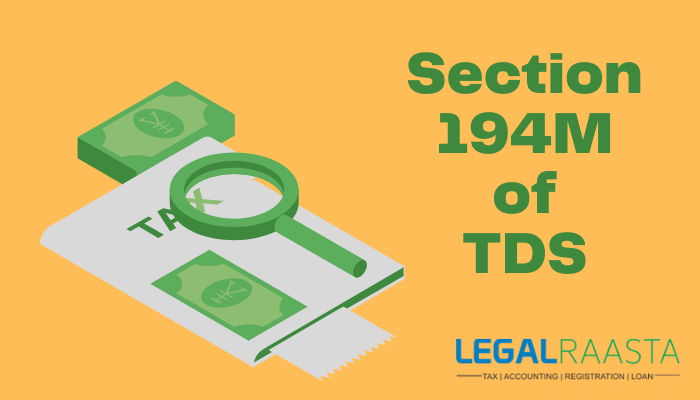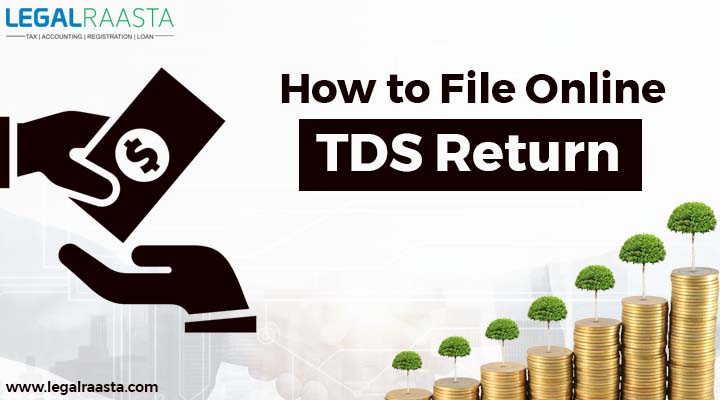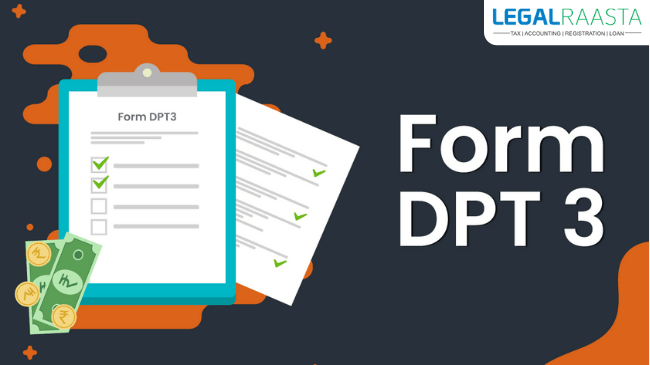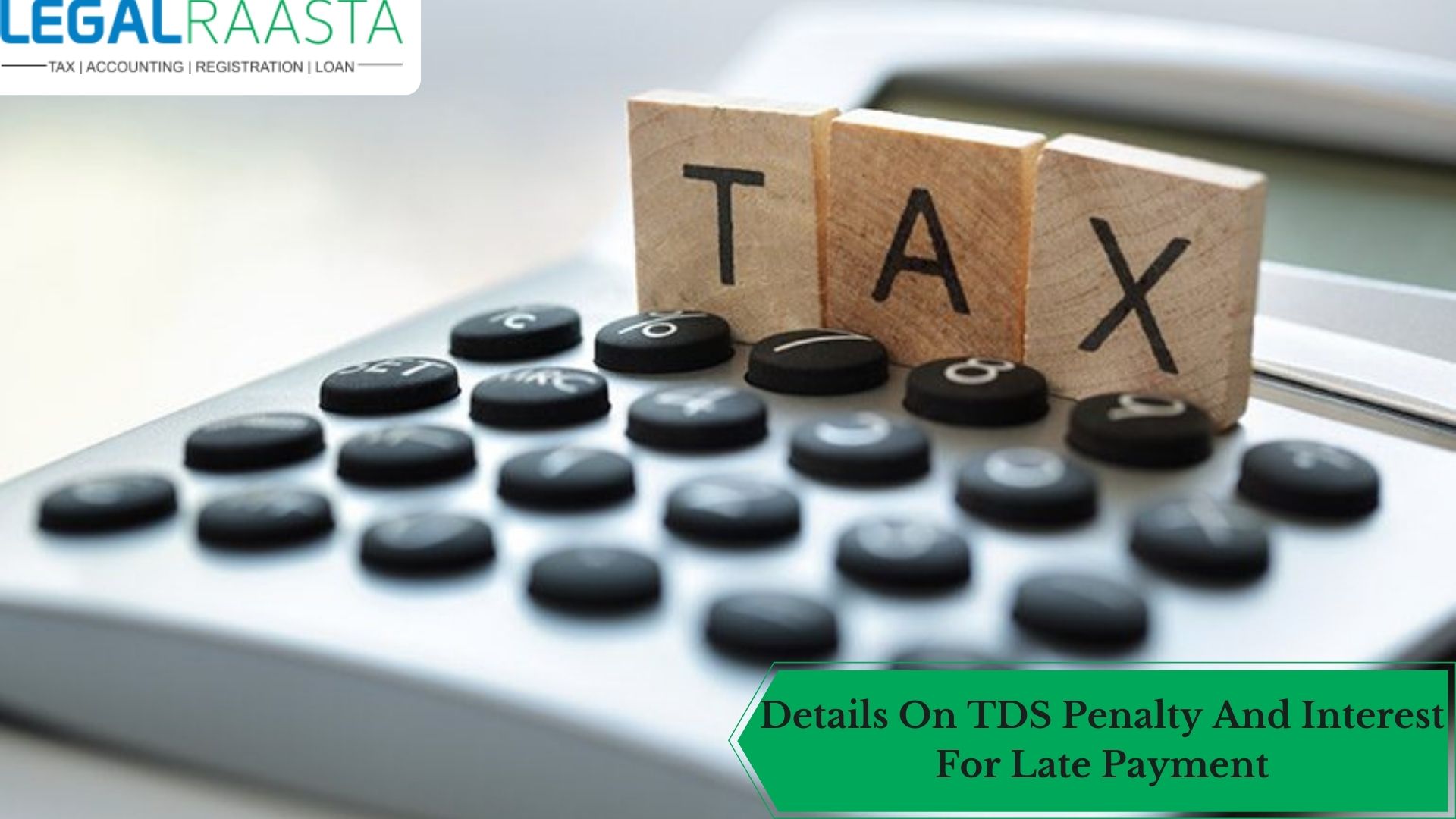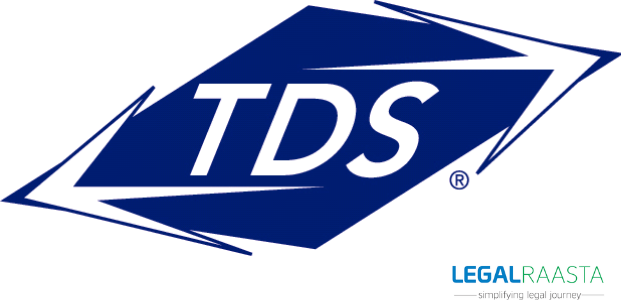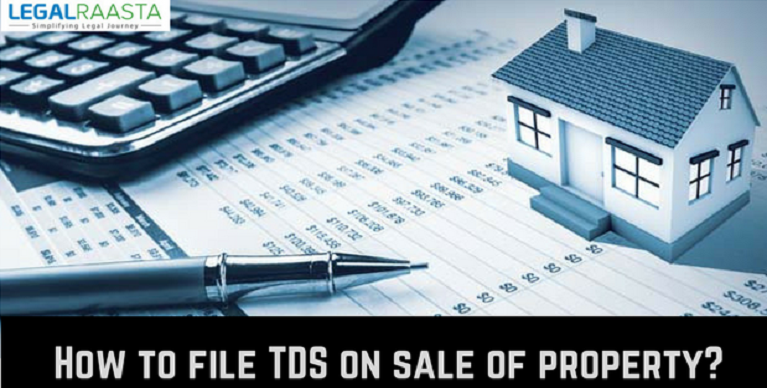Section 194M of TDS
The 2019 Budget suggested a number of modifications to the existing income tax legislation. This budget also included some new TDS Sections, such as Section 194M and Section 194N, in addition to other changes.
- 194M – TDS on payment to resident contractors and professionals
- 194N – TDS on cash withdrawal in excess of Rs 1 crore
What is Section 194M?
Section 194M requires an individual and/or a Hindu undivided family (HUF) to deduct tax at source. Individuals and HUFs in this situation should not be obligated to have their records audited. If a business’s total sales or receipts reach Rs. 1 crore, or if a profession’s receipts exceed Rs. 50 lakh, the books of accounts must be audited. It is applicable when the total amount paid to a resident individual in a financial year for performing any contractual work or delivering any professional service exceeds Rs 50,00,000.
TDS deduction is applicable if they are compelled to have their books of accounts audited under Section 194C and 194J. Individuals and HUFs who are required to deduct TDS under Sections 194C (payment to a contractor) and 194J (payment on professional fees) are exempt from deducting tax at source under Section 194M.
Individuals or HUFs who are required to deduct tax can pay it to the government using merely their PAN. It is not necessary to obtain a tax deduction account number (TAN) in order to deduct TDS. This clause does not apply to payments made to non-residents.
Reason for the introduction of Section 194M
The Finance Bill of 2019 includes Section 194M, which provides for a tax deduction at source on any money paid by an individual or HUF to a resident contractor for personal use. As a result, this section applies to both personal and business payments. In the situation described above, a person or HUF had no obligation to deduct tax at source prior to the establishment of this section.
Individuals or HUFs engaging on a business or profession (who were not audited) were also not deducting any tax at source, even when the payment was made for the sake of their business or profession. Because to this exemption, a significant portion of payments for contractual work and professional fees were excluded from TDS, allowing for tax fraud.
What does ‘work,’ ‘contract,’ and ‘professional services’ mean in Section 194M?
1.Work: In this section, the term “work” refers to the following:
- Advertising
- Broadcasting and telecasting, as well as the development of programming for such broadcasting or telecasting, are all included.
- Other than trains, any means of transportation can be used to convey commodities and passengers.
- Catering.
- Manufacturing or supplying a product in accordance with a customer’s request or specification utilising materials obtained from that customer. However, making or supplying a product to a customer’s requirements or specifications using material purchased from someone other than the customer is not included.
2.Services provided by professionals: The following are examples of professional services in this section:
- Fees for professionals
- Technical service charges
- Directors’ remuneration, excluding salary (For example, sitting fees to attend board meetings)
- Royalty
- Non-compete fees (costs paid to refrain from carrying on a business or profession for a set period of time and within particular geographic borders) or fees paid to refrain from sharing technical knowledge or know-how.
Who is responsible for deducting TDS under section 194M?
Under 194M, a person who is an individual or a HUF and needs to pay a resident for contract work performed or any professional service provided must deduct tax at source.
According to the Union Budget 2019, any individual or HUF paying a resident a sum exceeding Rs 50,00,000 in a year for carrying out any work (including the supply of labour) under any contract or by way of fees for professional services rendered during the financial year must deduct TDS at a rate of 5%. From May 14, 2020, through March 31, 2021, the TDS rate will be 3.75 percent. This clause will go into effect on September 1, 2019. Any payment made after this date, even if the contract existed previously, will be subject to TDS if the sum exceeds Rs 50,00,000.
When is it possible to deduct tax at source under Section 194M?
On the earlier of the following dates, TDS will be deducted:
- At the time the amount is credited.
- At the time of cash payment or the issuance of a check or draught.
Rate of TDS under section 194M
TDS at 5% under Section 194M TDS at 5% shall be deducted under 194M if the total amount paid to a resident in a financial year exceeds Rs 50,00,000. For transactions between 14 May 2020 and 31 March 2021, the TDS rate is 3.75 percent.
If the deductee’s PAN is not provided, TDS will be deducted at a rate of 20%.
What is the time limit on depositing TDS?
- When the government makes a payment, the TDS amount must be paid to the department on the same day as the payment is made.
- Where a payment is paid by someone other than the government:
TDS should be paid in the challan cum statement Form 26QD as follows:
- If the amount is deducted in March, it must be paid by April 30th of the next fiscal year. If the sum was deducted in March 2020, for example, the TDS will be deposited to the department by April 30, 2020.
- Within seven days of the end of the month in which the tax deduction is made in any other month. If the sum was deducted and paid in September 2019, for example, the TDS will be remitted to the department by October 7, 2019.
Certificate of Tax Deducted Under Section 194M
Within 15 days of the due date of furnishing the challan cum statement in Form 26QD, the person who deducts tax under section 194M must provide the payee with a certificate in Form no. 16D.
Also read
Section 194C- TDS (Tax Deducted at Source) on Payment to Contractors

